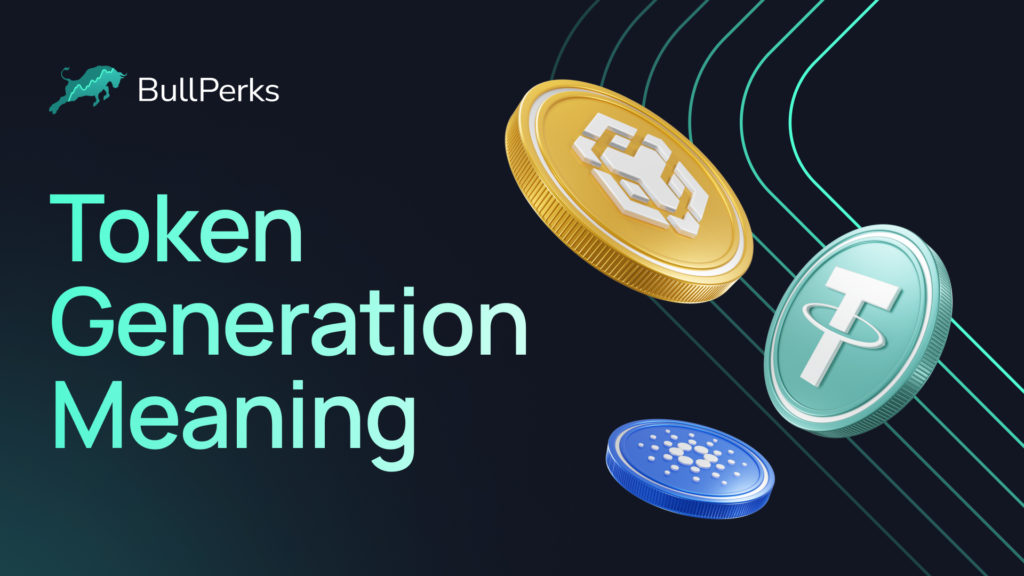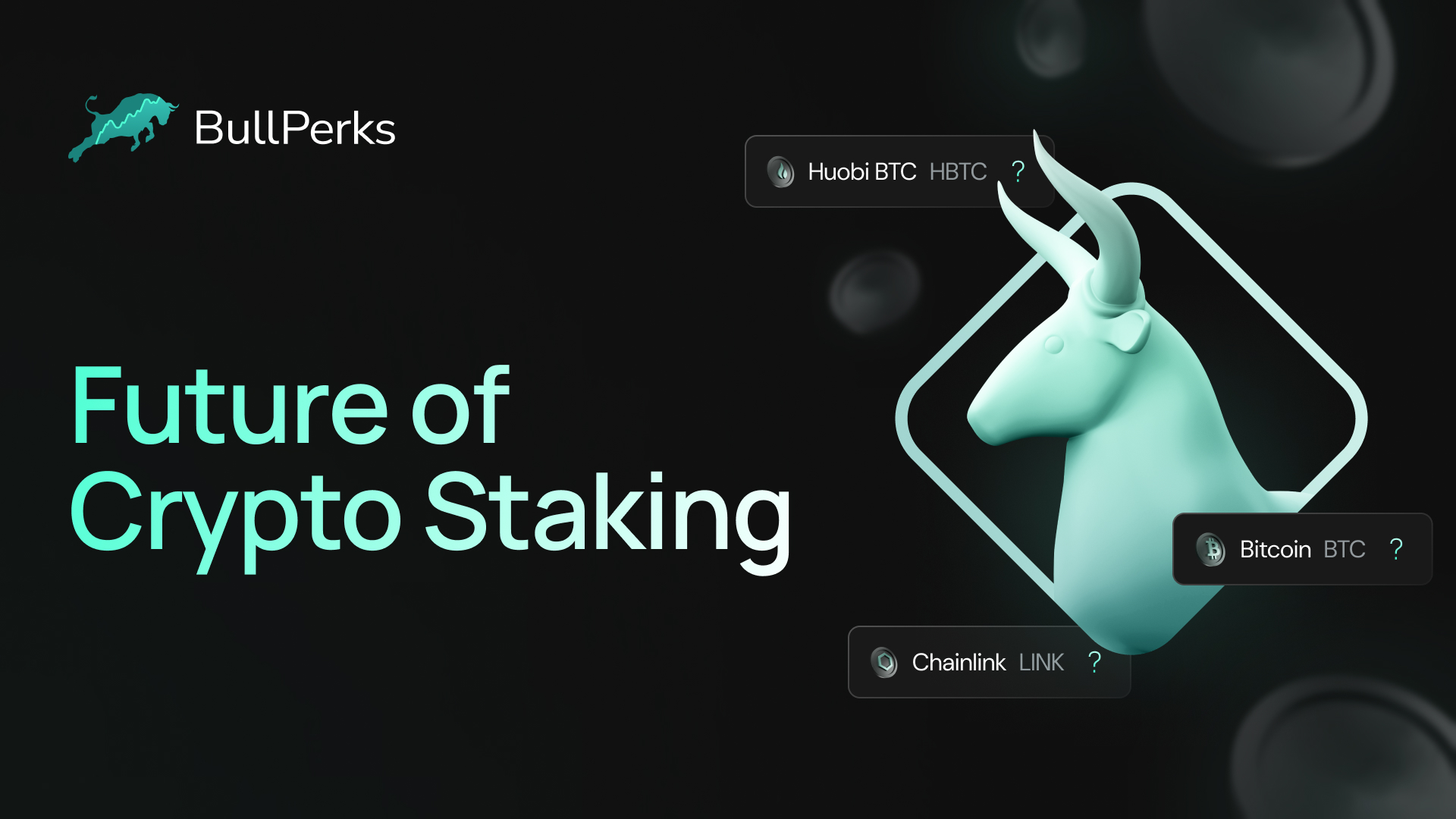
Tokens play a crucial role in the world of crypto. They can serve different purposes and represent anything: virtual and physical objects, rights, accesses, etc. Depending on it, tokens are divided into different categories.
Many tokens are created through initial coin offerings. An initial coin offering is a type of crowdfunding activity where cryptocurrencies are used to raise funds for further development. However, some projects prefer to choose a token generation event TGE for their token launch.
While the goal of an initial coin offering and a token generation event is the same: to raise funds for the project development, many companies brand their fundraising activities as token generation events to avoid problems with regulators.
Token generation event is an essential milestone in token development. But to understand it, you need to learn first what tokens are and what token types exist, and only then can you delve into the details of a token generation event TGE.
The Basics of Tokens
Very often, tokens are mixed up with coins. But these two phenomena differ from each other.
Coins have their own blockchain and are regarded as a storage unit of value. Bitcoin is the most evident example of a coin, and it runs on its own Bitcoin blockchain.
Tokens don't have their own blockchain and normally sit on the top of another blockchain, typically more adaptable Ethereum. They can represent an asset or utility, are tradable, and have different use cases.
The use cases of tokens
A token has a specific role for it owner and a company. It can represent ownership, rights (e.g., voting rights), value, and many more.
Types of Crypto Tokens
| Type | Description | Features & Examples |
|---|---|---|
| Fungible Tokens | Not unique, can be divided and replaced by another of its kind. | Functions as a currency. |
| Non-Fungible Tokens (NFTs) | Unique tokens with only one owner. | Represents assets like art, collectibles, or real estate. |
| Security Tokens | Tradable tokens that might represent ownership in a project or a share in a company. | Offers financial benefits like share in earnings, dividends. Regulated by entities like the SEC. |
| Utility Tokens | Provide access to specific functions or services in a blockchain network or decentralized app. | Does not represent ownership. Offers benefits like discounts, premium services, and voting power. Often offered during Token Generation Events (TGEs). |
What Is a Token Generation Event? Its Difference from Initial Coin Offerings
A token generation event TGE is a transformative method to raise money for a crypto project development. It allows promising blockchain projects to get the needed funding without relying solely on traditional ways of getting financing, such as venture capital firms or banks.
While earlier, initial coin offerings were popular for this purpose, over time, it started facing pressure from the regulatory bodies that started considering ICO security offerings. Thus, now, the securities regulations and federal securities laws apply to an initial coin offering tokens, and each blockchain-based project raising funds via an ICO has to pay all the associated taxes.
A token generation event TGE is not considered a security offering and, thus, is largely unregulated. This is one of the main reasons why many companies opt for a token generation event rather than an ICO.
| Aspect | Token Generation Event (TGE) | Initial Coin Offering (ICO) |
|---|---|---|
| Primary Purpose | Creation and offering of new tokens, often linked to a specific utility or function within a project. | Raising funds for a new cryptocurrency or blockchain project. |
| Nature of Token | Can be either utility tokens (providing access to a service or product) or security tokens (representing an investment). | Typically utility tokens, but some ICOs have also issued security tokens. |
| Regulation | Varies based on the jurisdiction and the nature of the token. Security token TGEs are more regulated than utility token TGEs. | ICOs faced criticism for lack of regulation, leading to increased scrutiny in many jurisdictions. Now, most are subject to securities laws if they involve investments. |
| Risks | Depends on the nature of the token and the clarity of the project's purpose and utility. | Highly speculative; the risk of scams and lack of project follow-through has been a concern. |
| Use of Proceeds | Specifically directed toward the development or enhancement of the project's ecosystem. | Generally used for project development, but usage has varied widely with some ICOs. |
How Token Generation Events Work
For a successful token generation event, you need to plan and complete all the following steps.
Steps of a token generation event TGE
Prior to organizing a token generation event, a blockchain project team develops the project's tokens by utilizing a respective blockchain. Typically, the most popular blockchains are picked for this purpose: the Ethereum blockchain or Binance Smart Chain. The token is designed to comply with the blockchain's standards, such as ERC20, for example. It is required to ensure its compatibility with crypto exchanges and wallets and secure the project viability. With this step, the technical generation of a utility token is over.
Further, the project team ensures the needed documentation, such as a whitepaper, for example. It will help early investors to assess the cryptocurrency project and the underlying asset, to understand the value the project offers, and whether the project's ecosystem can compete in the extremely volatile market.
The next important milestone in the token generation event is a pre-sale and a public sale. During the first of the mentioned fundraising events, investors have an opportunity to buy the project's digital asset at a discounted price. After the token creation and the private sale are over, public sales start for all those from the crypto community who wish to purchase the assets.
During a public sale, assets are sold at a regular price and can be purchased with popular cryptocurrencies such as Ethereum and Bitcoin.
Funds raised during token generation events are further allocated for the development of a project: blockchain developers' salaries, marketing activities, operational expenses, and similar.
Importance of Token Generation
Token generation events play a crucial role in the development of a project. It has several implications that heavily impact the further project progress.
Economic Implications
Capital formation is one of the major economic implications of a TGE. In simple words, the project receives the required financial resources to move forward.
Another thing to consider is the formation of liquidity. After the token gets support from investors and is listed on exchanges, it starts being traded. For this activity, having sufficient liquidity for a project is a must, and thanks to a successful TGE, a decent liquidity pool can be formed.
Technological Implications
Through distributing its native token to multiple investors, the project contributes to decentralization and, thus, becomes more attractive for investors and the community at its later development stages.
Social Implications
Finally, social implications are invaluable. By distributing its assets (including governance tokens) to early investors, the project starts building a powerful community and gaining more weight in the world of blockchain technology. It is especially important for those projects that rely on community support for further development.
Risks and Challenges
The absence of regulatory oversight is one of the main issues that the crypto community has to face when investing in a token during a TGE. Lack of regulation is one of the main causes that investors are frequently exposed to scams and lose their funds. There are no legal frameworks to regulate such a type of token sale or clear requirements for a blockchain-based network or project to comply with. This is why it is very difficult to distinguish legitimate projects from fraudulent ones.
Another issue that project creators, token sale organizers, and investors have to handle is technology imperfection. Vulnerabilities in smart contracts, errors in code, and other technical issues make a project and all parties involved in it vulnerable to hacks that lead to the loss of funds and the leaking of sensitive information.
There are many cases when teams abandon a project after a successful TGE and steal the investment funds. All these facts prove once more that performing proper due diligence is a must before investing in any project. Also, it is a must to read the investment contract and clear out all details that seem to be unclear or dubious.
Some projects launched via a TGE may not be able to deliver the announced value to their investors and eventually fail. Sometimes, investors end up holding assets that have no or little value and suffer losses. Before delving into any token offering, it is necessary to check what exactly the project intends to do, what problems to solve, and whether it is competitive at all.
Conclusion
A token generation event is a crucial milestone in the development of any project. It not only helps to obtain publicity but to crowdsource funds for the project development and advancement. While it still suffers from regulatory unclarity and technical issues, with the technology development and the introduction of proper regulation, it is expected to develop further and power promising crypto projects.
Would you like to start investing in the most promising crypto projects? Learn how to invest with BullPerks, the fairest and most community-oriented decentralized VC and multichain launchpad!
Disclaimer. This material should not be construed as a basis for making investment decisions or as a recommendation to participate in investment transactions. Trading digital assets may involve significant risks and can result in the loss of invested capital. Therefore, you must ensure that you fully understand the risk involved, consider your level of experience, investment objectives, and seek independent financial advice if necessary.












